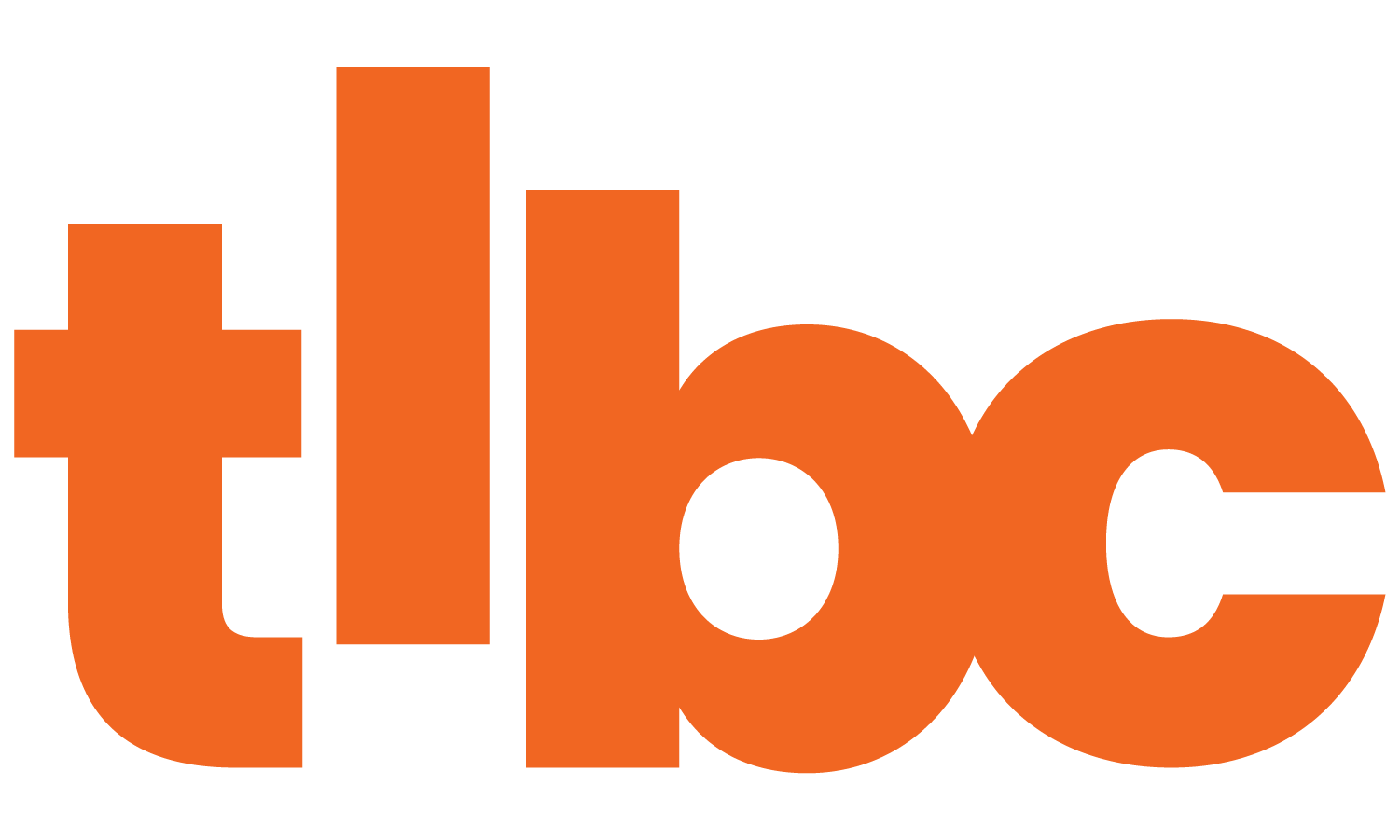Listen to this episode ad-free when you become a member of TLBC+.
Today is the first official day of summer which is, and this is going to surprise you, a great time to change your life.
That’s why in this episode I want to share the 3 very simple, very repeatable steps I personally follow any time I want to create change in an area of my life.
Seriously, when I wanted to improve my nutrition this is the process I used. When finances became my focus this is the process I used.
No matter what area of your life you want to improve this summer, this process will give you a framework so get hyped.
Step 1: Choose One Area of Your Life to Focus On
When it comes to changing our lives, building new habits, or changing behavior there are two major mistakes that we often make.
The first is that we try to set a goal. This makes perfect sense, goal-setting seems like a natural way to start the path to change. It’s the first piece of advice that most people give and it’s one that I’ve given quite a bit over the last 5 years hosting my podcast.
The problem is that when we set goals, we are ignoring the fundamental work that needs to exist in order for those goals to become possible.
Goals are extremely valuable tools in the process to create change in our lives, but only once we’ve already figured out the direction we want to go and what actions we need to take.
Setting goals works when you want to run a specific distance or at a specific pace. It works when you want to lose X number of pounds or save Y amount of dollars.
But it doesn’t work when we “want to improve our fitness” or “eat better”. These phrases are far too generic to provide any value or help drive you in any particular direction.
So at this point, you’ll often get people saying that you should just pick a goal at random and move towards it. But I actually think this is more dangerous than it is good.
By setting unrealistic goals we are setting ourselves up to be disappointed when we inevitably don’t hit them. And the truth is that any goal we set randomly will likely be unrealistic because they aren’t based in any context for our lives.
The second mistake is trying to improve too much at once. We try this because we think by tackling all of our goals we’ll be able to make more progress. But, and you already know this so consider it a friendly reminder, it’s actually much easier to focus on a single thing at once.
This leads me to step 1, choose one AREA of your life to focus on. We aren’t worried about goals because, after all, we have no idea what is realistic for us. By simply choosing a focus area like Fitness, Nutrition, Finances, Career, Relationships, or Mental Health, we give ourselves a starting point.
That focus allows us to filter down the very large list of ways we could improve our lives across all areas to something that is much more manageable and makes the second step possible.
Step 2: Take Random, Unstructured Action
The second step is to start taking random, unstructured action.
As we just established, a major issue with setting goals is that we have no idea what is realistic for us to expect or to accomplish. This lack of information leads to confusion and overwhelm that can sometimes torpedo our entire plan of improvement in no time.
The solution to this is to start doing anything and everything you can. At this stage, you don’t need to worry about whether or not it’s the “right” action. You don’t need it to connect to anything else. All that matters at this point is to take some kind of action.
There are two major benefits to this kind of action-oriented, unstructured approach.
The first benefit is that you remove any chance of overwhelm or confusion. Random action means you don’t have to think about anything or consider what your best option is.
Instead of worrying about that, you get to focus your efforts on doing whatever pops up for you like something you may be interested in.
For example, let’s say you choose Finances as your focus. Instead of worrying about what your savings plan should be or whether or not to get into stocks, you now have the freedom to try anything and see what happens.
Your only intention for this stage is to learn. In order to create a plan that works for you and your situation long-term, you need data on what is out there and how it may possibly fit into your life.
You of course don’t want to take any actions that will knock you out of the game like say investing your entire life savings into dogecoin. But you DO want to try new things and see what resonates with you.
The second benefit is, as we just said, you get an enormous amount of data. One major reason why personal development can feel like it doesn’t work is that you are spending time on things that don’t work for you.
I’ve said this before but personal development is inherently a personal experience. The things that you need to do in order to see the change you’re looking for are always going to be different from the things someone else needs to do.
As such, taking advice from randoms on the internet or your favorite guru or even your favorite podcast host will never work on its own.
You ultimately need to take everything you learn, try it, and then see if it works for your unique situation.
Here’s what I mean, meal prepping is a fantastic habit that can help make eating healthily significantly easier.
The problem? Someone working 3 jobs and barely making ends meet can’t necessarily make meal prepping work for them.
Great habit, bad match with that individual.
If that person were to try meal prepping and find it difficult to fit into their lives, they may then feel like they’re at fault and somehow a failure.
That’s bullshit, excuse my language, but that’s an outcome made possible by this weird focus we have in this industry on individual responsibility.
If something doesn’t work for you it must be your fault…right? Or maybe it’s that your life is different from the person giving the advice.
That’s why I’m a fan of you trying as much as possible, seeing what works, and then moving on to the next step which is…
Step 3: Identify What Works and Double Down
The final step to this process is to look back at the list of things you’ve tried, get an idea for what worked and what you enjoyed, and then build them into your life in a more structured fashion.
For example, if you were focused on Finances and decided to try writing down all of your spending in a little journal after each purchase, and you liked that then that’s great! You’ve just found a new habit that works for you, you enjoy, and can have a massively valuable effect on the area of your life that you’re focused on.
Now you need to commit to building that habit into your life by following the advice I’ve given in any number of other episodes. You can listen to episode 719 if you’re not sure where to start with that.
The point is this, once you’ve experimented freely and given yourself the room to test what options are available for you, you can start to pick the things you like and build them into your life in a much deeper way.
This is the big secret to creating change in your life if you’ve never been able to be consistent in the past but, as I said, personal development is personal, so you’ll need to put in the time here to ultimately create a process that works for you and your situation.





